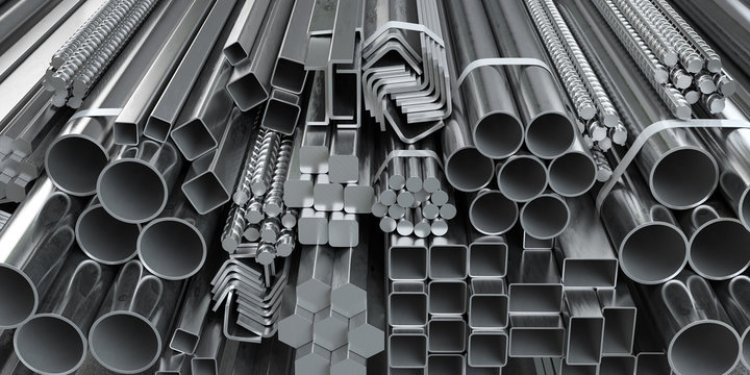Understanding the Pricing and Availability of Square Pipes in India: A Comprehensive Overview
One of the most significant factors influencing the price of square pipes in India is the cost of raw materials, particularly steel. Steel production relies heavily on iron ore and coking coal, both of which are subject to fluctuations in global supply and demand. Any changes in the prices of these essential raw materials directly affect the cost of steel and, consequently, square pipes.
Share this Post to earn Money ( Upto ₹100 per 1000 Views )

Square pipes, commonly referred to as square hollow sections (SHS), play a vital role in the construction, infrastructure, and manufacturing industries. These structural steel components are widely used for applications such as columns, beams, and frames, offering durability and strength to a variety of projects. However, the price and availability of square pipes in India are shaped by numerous factors that impact the broader steel industry and the economy as a whole. From raw material costs to government policies, these dynamics influence the current market for square pipes.
The Impact of Raw Material Costs
One of the most significant factors influencing the price of square pipes in India is the cost of raw materials, particularly steel. Steel production relies heavily on iron ore and coking coal, both of which are subject to fluctuations in global supply and demand. Any changes in the prices of these essential raw materials directly affect the cost of steel and, consequently, square pipes.
For example, disruptions in the global supply chain, geopolitical tensions, or modifications in trade policies can lead to a rise in the cost of iron ore or coking coal. These increases in raw material prices result in higher steel production costs, which manufacturers pass on to consumers in the form of elevated square pipe prices. Furthermore, energy costs, including electricity and fuel, play a crucial role in steel production. Variations in energy prices can further impact the production expenses associated with square pipes, contributing to their fluctuating market rates.
Regional Price Variations
Another aspect that influences the price of square pipes in India is regional variation. Major urban centers like Mumbai, Delhi, and Bangalore typically experience higher prices for square pipes due to several factors. Transportation costs in these cities are often elevated, as materials need to be transported over long distances from production facilities to construction sites. Additionally, local taxes, higher operational expenses, and logistical challenges contribute to the increased cost of square pipes in these areas.
In contrast, regions closer to steel production facilities or with more efficient transportation infrastructure may benefit from lower transportation costs, leading to more competitive pricing. As a result, consumers in these areas can often access square pipes at a lower cost than those in major metropolitan areas.
Production Costs and Technological Investments
The production of square pipes involves several stages, including cutting, welding, and finishing, all of which require substantial amounts of energy and labor. Variations in these costs can directly impact the price of square pipes. For instance, if energy prices rise, the cost of running the machinery and equipment used in production will increase, thereby pushing up the overall production expenses.
Additionally, manufacturers invest in technology and quality control measures to ensure that square pipes meet industry standards. These investments are crucial for maintaining product reliability and safety, but they also add to production costs. As a result, the price of square pipes reflects not only the cost of raw materials and labor but also the expenses incurred in maintaining high-quality manufacturing processes.
Conclusion
In conclusion, the price of square pipes in India today is the result of a complex interplay between raw material costs, domestic demand, regional pricing differences, production expenses, and government regulations. The dynamic nature of the steel market requires careful monitoring and analysis by both industry stakeholders and consumers to navigate price fluctuations effectively. As the construction and infrastructure sectors continue to evolve, the demand for square pipes is expected to remain strong, further emphasizing the need for strategic decision-making when it comes to purchasing and supply chain management.
If you are looking for best quality tmt bars, please visit our website : www.steeloncall.com or you can contact us through our toll-free number: 18008332929
















